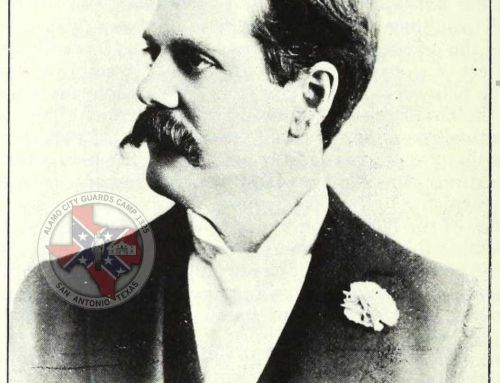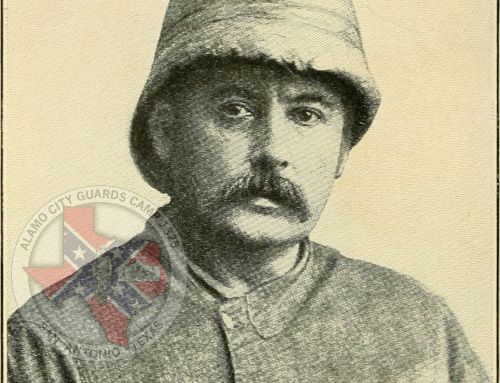The Rise of a Valiant Confederate General: David Rumph Jones
David Rumph Jones was a Confederate general who played a critical role in various battles during the American Civil War. Born on April 5, 1825, in Orangeburg, South Carolina, Jones graduated from the United States Military Academy in 1846. He served in the Mexican-American War before becoming a brigadier general in the Confederate States Army on June 17, 1861.
Unfaltering Leadership: David Rumph Jones’ Role in Major Civil War Battles
Brig. Gen. P.G.T. Beauregard initially assigned “Neighbor” Jones to the Confederate Army of the Potomac. He fought in the First Battle of Manassas, where he commanded a brigade. Maj. Gen. John B. Magruder assigned Jones to serve in the Richmond area after the battle. During the Peninsula Campaign, he temporarily led a division while Magruder served as a wing commander. On March 10, 1862, Jones received a promotion to major general and took over the permanent command of Magruder’s division upon his departure for the Western Theater in July of that year.
Jones’ division fought in several crucial battles, including the Second Battle of Manassas and the Battle of Sharpsburg. At Sharpsburg, his division held the right flank of the Army of Northern Virginia when the Union IX Corps attacked across Antietam Creek. Jones became the highest ranking division commander in the Army of Northern Virginia Because Maj. Gen. Richard Ewell was wounded at Second Manassas on August 28.
Jones’ Struggle for Recognition and Health Amidst Setbacks
Despite his successes, the good Neighbor Jones encountered several setbacks during his career. The Confederate Congress failed to confirm his promotion to major general, causing it to lapse a week after Sharpsburg, and he reverted to the rank of brigadier general. Nevertheless, the Confederate authorities quickly re-appointed him as a major general on October 10. This also meant that Jones was now junior to several other division commanders in the Army of Northern Virginia, including John Hood and George Pickett.
Jones’ health began to deteriorate after the death of his brother-in-law, Union colonel H.W. Kingsbury, at Sharpsburg. The strain of campaigning aggravated his existing heart condition, forcing him to step down in the fall of 1862. The leadership broke up his division and reassigned its brigades to McLaws’ and Hood’s divisions.
Jones’ Legacy: Celebrating the Contributions of a Courageous Confederate General
Jones died in Richmond, Virginia, on January 15, 1863 and was buried in Hollywood Cemetery. David Rumph Jones was a courageous Confederate commander who played a pivotal role in numerous crucial battles of the American Civil War. Despite encountering obstacles and a worsening physical condition, Jones was renowned for his leadership and tactical prowess. People still honor and admire his significant contributions to the Confederate effort and his reputation as a skilled strategist to this day.
Read ‘Robert E Lee, Cyberpunk Warrior, Part 2’ here;
https://alamocityguards.com/blog/2023/04/03/robert-e-lee-cyberpunk-warrior/
Our sponsor;
http://Monumentsacrossdixie.com






